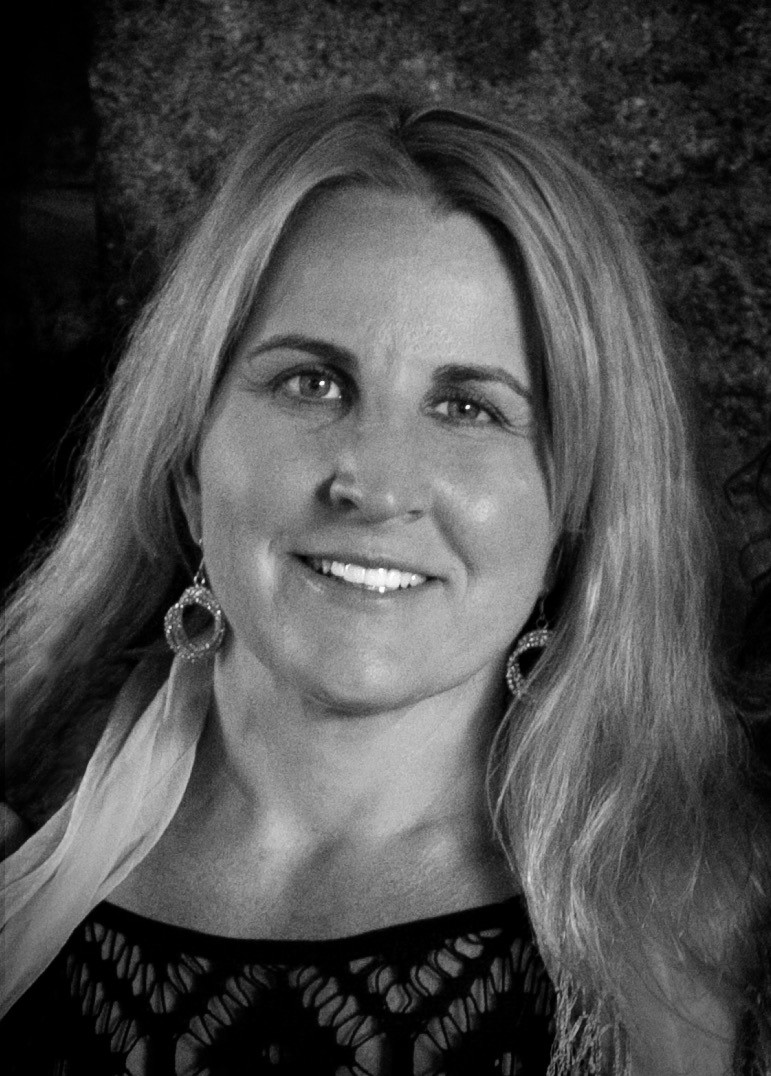
Brandi Wentz is a Retirement Plan Consultant with NFP. She has over 20 years of experience in the brokerage and retirement plan consulting industry.
Here is what Brandi had to say when we asked her about financial planning:
GenHERation®: When thinking about your financial goals, what are the first steps you should take to get started?
Brandi Wentz: The earlier you start, the better off you will be in the future. Financial goals and planning can start as early as elementary school. For most, high school is a good time to start setting goals and committing to your financial path. However, if you’re a young professional it’s time to get started right now. Here are a few principles and elements that will help ensure your financial future is bright:
- Set up a budget and stick to it. Understand how much money you are spending for the necessities and make a plan for how you are going to spend and/or save the rest. Planning for future needs as well as for current fun should be important parts of your budget. Remember to pay yourself first by depositing your paycheck into your savings account and then taking out money to pay for your necessities and fun.
- Build an emergency fund in a savings account. Emergencies can happen at any time—that’s why they are called emergencies! Having money for unexpected needs will help you avoid debt and having to pay interest. You can begin building your emergency fund by setting aside a portion of your paycheck each month. This amount depends on your financial situation, but you should try to save enough to cover three to six months of living expenses.
- Save! Save for the items you want, such as a vacation or a car. Avoid borrowing money to satisfy the urge for immediate gratification.
- Work to reduce your debt. If you have debt, strive to become debt-free. Attempt to pay credit card balances in full at the end of each month.
- Explore investment opportunities. If your employer offers to match your contributions when you participate in an employer savings plan, such as a 401 or 403, take advantage of the “free” money. The sooner you start contributing to such a plan, the more time you will have for the money to work for you. If your employer does not match your contributions or doesn’t offer a plan, consider other accounts like an IRA or a Roth Plan to begin your retirement savings.
GenHERation®: What is the best way to create a budget as a young professional?
Wentz: Budgeting is planning for money earned, or coming in and for money spent, or flowing out. Tracking the money coming in and flowing out and comparing those with your budget (your plan) will help you develop the discipline required to stay on track and (if needed) to adjust your budget as circumstances change. I recommend that your budget be established on the basis of monthly income and expenses:
Income
- Include money from your salary or wages, as well as any allowance you may receive and money anticipated from birthday and holiday gifts. All sources of potential income should be considered and included.
Expenses
- Include both necessary expenditures, such as gas for your car, car insurance, cell phone bill, rent, utility bills, and so on, as well as any other expenses you must pay on a regular monthly basis.
- Subtract your necessary expenses from your income (money coming in).
- This will establish the amount of money you can plan to use for emergency savings, long-term retirement savings, and other discretionary fun purposes.
Savings (10%-20%)
- Emergency/Discretionary Savings (5%-10%): This is money that should be set aside for future unexpected events and for more expensive goals or events, such as a vacation or purchasing a car. How much an item may cost and when you would like to make the purchase can help you identify how long it will take you to save for it. This will help you plan and have a better understanding of the commitment required to reach your goal.
- Retirement Savings Account (5%-10%): Set a savings goal for your retirement years. Utilize your employer’s retirement savings plan to the extent you are able, especially when employer matching contributions are part of the benefits offered.
Discretionary Expenses
- These are the “nice to haves,” but are not necessities. Budget for movie tickets, concert tickets, brand name clothing/shoes/accessories, electronics, and so on.
- Remember that trade-offs may be necessary when purchasing more expensive items.
Balancing Your Income and Expenses in Your Budget Is Essential
- Never budget for expenses in excess of your anticipated income.
- Avoid overspending and living beyond your means. Strive to live within your means.
- Look for opportunities to spend less, such as riding a bike versus driving your car, carpooling to work and events, and thrift shopping.
- Look for ways to earn additional money. This could include babysitting, lawn and landscape care, walking dogs, pet sitting for neighbors, or any other part-time business venture.
GenHERation®: What are the three different savings buckets recommended as part of a budget?
Wentz: I suggest having at least three such buckets. These are savings for potential emergencies, larger discretionary items and events, and financial needs in retirement:
Emergency Savings
- This bucket is for emergency (unexpected) events that require immediate attention, such as a car accident, medical expenses, car repairs or new tires, book purchases for a class or other school expenses that you forgot to include in your budget, and so on.
Discretionary Savings
- This bucket is for planned discretionary expenses, such as vacations, a piece of furniture, a car purchase, and dreams of the future.
Retirement Savings Account
- This bucket is to ensure that you will be able to retire with financial independence and enjoy the later years of your life.
GenHERation®: What is the difference between savings and investment accounts?
Wentz: Savings accounts are used for needs that are more near-term in nature, such as those that may arise over the working years of one’s life. An investment account is a savings account that is intended for use far into the future, during your retirement years, for example. I view funds in a savings account as money that is set aside for future needs that are either unexpected (repairs, medical) or that require a higher level of financial outlay (cars, vacations, houses). This is money I will need for a goal in five years or less. An investment account is savings set aside for use more than five years in the future, usually for retirement. The money invested in this account carries more risk, but has time to rebound or recover in the event of market volatility and fluctuations.
GenHERation®: What are the basic types of investments that young professionals should consider?
Wentz: This is a tricky question. Investments are personal in nature and should depend on you as an individual and the goals you have for the money you set aside. Every person has a different tolerance level for risk. It’s important to be honest with yourself when choosing what to invest in. Consider when you will need the money and whether or not you have the stomach and nerves to handle market volatility and risk.
GenHERation®: What is the most important lesson you have learned throughout your career journey?
Wentz: The most important lesson I have learned is to be honest and true to myself, to respect myself, and to recognize when I am making a difference and growing as an individual. It is important to accept help when offered and ask for it if needed. Understand that failure is part of learning. Admit it if you have made a mistake, and don’t make excuses. Work with people who challenge you. Set goals and stick to them, but recognize that life is fluid. The earlier you start saving for your retirement the better off you will be. Enjoy your job—you spend too much time at work to hate it. Lastly, have fun!
Brandi Wentz is a Retirement Plan Consultant with NFP. Brandi’s role as a plan consultant is to work directly with the retirement plan committee and administrators on delivering plan fiduciary and other investment services. Brandi strengthens client relationships by assisting with the overall strategy of the retirement plan offerings. Brandi has over 20 years of experience in the brokerage and retirement plan consulting industry. Prior to joining NFP, Brandi worked at Morgan Stanley, Dean Witter, and Fidelity Investments where she worked with high-net-worth clients, small business retirement plans, and brokerage services. Brandi earned her Bachelor’s Degree in Economics from the University of Utah and MBA from Westminster College.
“Securities offered through Kestra Investment Services, LLC (Kestra IS), member FINRA/SIPC. Kestra IS not affiliated with NFP Corporate Services (UT), Inc. or NFP. Investor Disclosures: https://bit.ly/KF-Disclosures”



Comments (0)